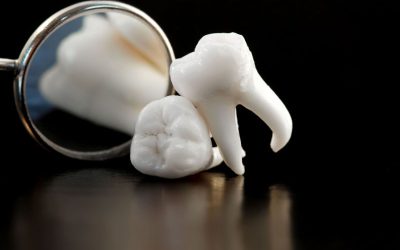Endodontic treatment comprises of procedures to maintain the health of the dental pulp or part thereof. The dental pulp is connective tissue made up of cells and nerve and vascular afferents, which occupies part of the crown and roots of the tooth. The pulp chamber is the portion of the pulp cavity located within the crown, while the part occupied by the root is called the root canal. The pulp cavity is occupied by the dental pulp. To perform a Root Canal Grand Island NE it is therefore essential to know the anatomy of the pulp chamber and the root canals.
Causes of pulpal pathology
The dental pulp can become inflamed as a result of various factors, and ultimately can become necrotic and die. Factors that may cause pulp inflammation, causing the patient to need a Root Canal Grand Island NE, include the following:
- Loss of dental tissue: Decay is the most common cause of pulp injury, but abrasion, erosion, tooth wear by rubbing and restorative treatments can also cause inflammation.
- Restorative treatments: These can cause damage by cutting the dentin to generate heat and cause dehydration. The amount of damage depends on the type used, the rotational speed of the vibration and the application of effective cooling.
- Restorative materials: The toxicity of materials, its acidity, the amount of heat generated during setting and its ability to produce dehydration can cause injury and pulpal inflammation.
Progressive pulp inflammation, and increasingly intense dental issues, may lead to an initial periradicular lesion (near the root) as a result of the interaction of bacteria. If the dental pulp suddenly loses its vitality due to trauma, it can show early signs of acute trauma and disruption of the apical blood vessels. The clinician will seek various disorders as part of Root Canal Grand Island NE assessment. The most common disorders that may be discovered during an endodontic evaluation are:
- Pulp inflammation.
- Pulp contusion.
- Pulp necrosis (loss of pulp vitality).
- Inflammation around the root end.
- External or internal tooth resorption.
- Tooth fracture.
- Iatrogenic problems (induced by the dentist).
- No dental soft tissue or hard tissue local pathology.
For more information on a Root Canal Grand Island NE, or to learn about other dental treatments, contact your local dental provider today.








